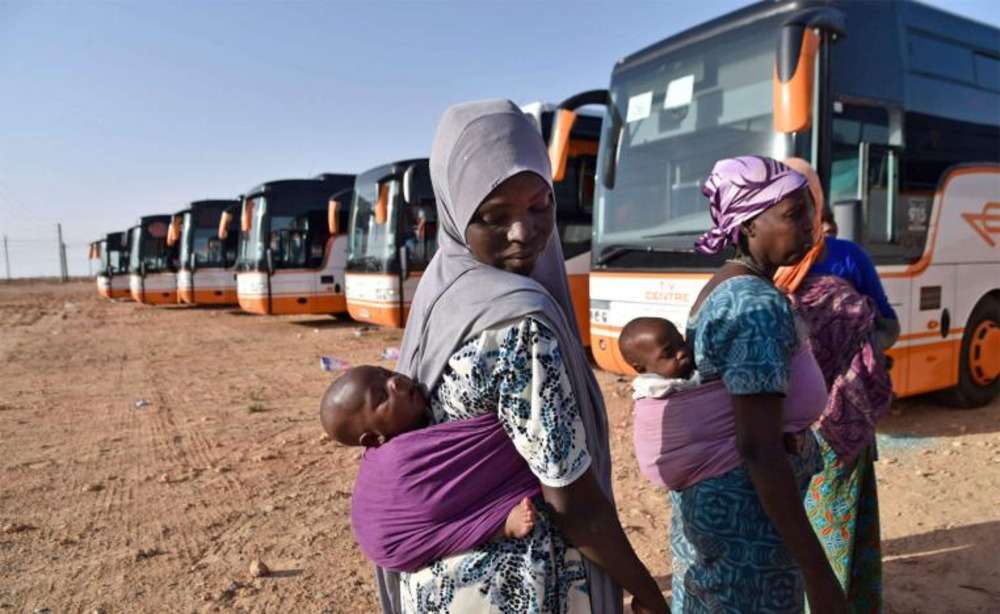NGOs grow concerned about Morocco’s treatment of migrants

Migrant dumping, until now often practiced by Tunisia, Libya and Algeria is now also becoming a trend in Morocco, a country once considered the doyen of human rights reform by the EU
Morocco is seemingly using the southern city of Tiznit as a dumping ground for migrants, NGOs are becoming increasingly concerned about the potential implications.
According to the Moroccan government-friendly Hespress, the Moroccan Association for Human Rights (AMDH) and migrant aid network Alarm Phone have reported an increased number of buses arriving from Ceuta and Tangier.
Allegedly, up to 200 migrants per week inhabit these buses, and with no food, shelter, or guidance, AMDH worries the already struggling city doesn’t have the resources or stability to facilitate them.
“Migrants are being abandoned in a city with no capacity to absorb them,” AMDH said in a statement. They also revealed that these relocations were sometimes happening in secret without proper planning or direction.
Romeo Nyamsi of Alarm Phone also highlighted that groups of 50 to 70 migrants are arriving every 2-3 days, “they’re dropped off and left to fend for themselves,” he said.
Tiznit has a population of 90,000 people, the city is apparently already facing insecurities with high unemployment and underfunded infrastructure. Lacking government aid or housing, migrants are reportedly left sleeping on the streets, public spaces, and local markets.
Although locals have stepped in to support the migrants with food and basic subsidies, tensions are said to be rising. For example, in March, a migrant encampment was allegedly set on fire, killing a woman and her daughter and injuring many more.
The news outlet claims most of the migrants originate from Sub-Saharan Africa, going through Morocco to get to Spain. Maghrebi reported tthat this is a common issue for the kingdom, with 75,184 migrants being stopped in Morocco in their attempt to get to Europe just last year.
Many of these migrants are unaccompanied children, another layer to the already pressing issue. The International Organisation for Migration’s (IOM) 2024 report revealed 1,024 unaccompanied minors were stopped attempting to get to Europe, two-thirds from West Africa.
Morocco’s migrant policy has had its critics, most notably one of Tiznit’s opposition city councillors, Nouh Aarab, who reportedly stated the government are using small southern cities like Tiznit to bear the brunt of their disorganised and failing approach to migration.
Ahmed Andalaarf, president of the Al-Mahabba Association, also has concerns about the government’s approach, especially its effect on the state of the city.
“There are no jobs, no social programmes, and no plan,” he apparently said, “You can’t talk about integration when people are sleeping in the streets.”
NGOs, residents, local politicians, and the migrants themselves all feel the lack of effort from the government to find a reputable solution.
Hespress, Maghrebi.org
Want to chase the pulse of North Africa?
Subscribe to receive our FREE weekly PDF magazine














